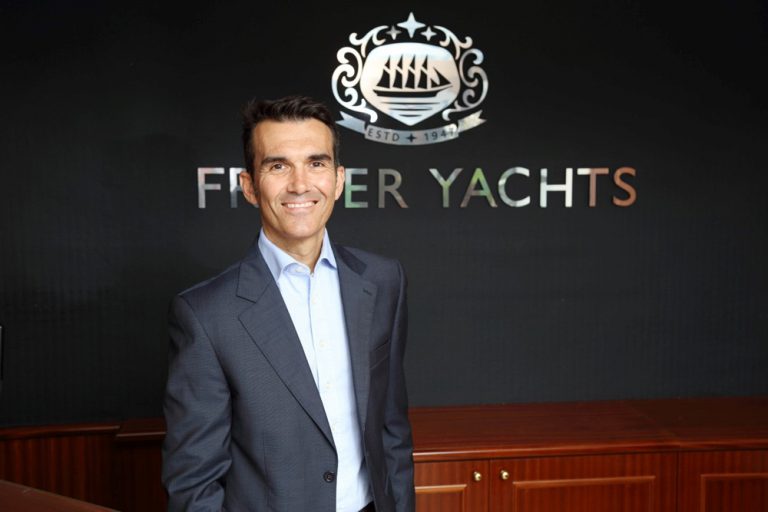Peter Edwards, Chair of the MYBA Yacht Management Committee discusses MYBA’s role working with other global marine industry organisations to reduce waste pollution that is damaging the marine eco-systems
The superyacht industry faces many challenges and one of them is the issue of waste disposal. It is a matter of growing global concern as it affects the marine environment which is already under threat. The fact is that over the past few years the industry has been demonstrating an improving environmental performance with better waste management on board.
A continuously increasing number of yachts are separating their garbage and even small changes in behaviour such as the strict selection of recyclable materials are making a big difference. But how can yachts dispose of their waste properly? How can they make sure that plastic, which is particularly durable, remains out of the waterways?
The basic principle is to put no plastic waste into the sea and dispose of it ashore, recycling where possible. The ideal scenario is to distinguish contaminated (those that have been in contact with food) and clean plastics. The two are kept separate for reasons of hygiene and because dirty plastics (and other food waste) can contain pathogens which may need to be disposed of differently by the port. This is something that yacht crew are well aware of and they are making genuine efforts in this direction.
Many yachts have also invested a considerable amount of money to install equipment that filters water on taps so that fewer plastic bottles are used on board. The owners and crew are indeed trying their best, however, very few ports and harbours around the world have adequate and convenient reception facilities installed and this means that operational waste from vessels can eventually end up in the sea.
Which brings us to the question of what can be done. The first step is to gather accurate information. MYBA is currently preparing a survey that will be shared with as many captains as possible in order to help collect the necessary data. This is being done with the valuable assistance of the flag states in order to ensure that the data gathered will be useful and lead to positive developments. Flag states have the legal authority and responsibility to enforce regulations upon vessels that are registered under its flag such as those relating to pollution and they are guiding the Association’s initiative.
Once the data has been collected it will be used to open dialogue with individual ports but MYBA, which has a strong voice within the International Maritime Organisation (IMO) and at EU level, will also use it to initiate discussions for a change in legislation. The fact is that IMO legislation concerning the matter already exists (MEPC.1/Circ.834) and it requires ports to provide “adequate” facilities to land segregated garbage. The problem is that it appears to be open to interpretation and many ports are not currently implementing it .
2019 is the expected date for the finalisation of the survey’s format and distribution amongst the yachting community, and it will be an important step towards addressing the problem of insufficient points of waste collection. MYBA, which is a worldwide association, is the ideal platform from which to launch this initiative as it possesses both the network and resources to collect information, spread the word and lobby for action.
The ultimate objective is to encourage as many ports as possible to install the proper facilities and thus make easy recycling the norm and not an exception. This will certainly be easier in the Mediterranean but, in other parts of the world, it will require the creation of supporting infrastructure for recycling. This is something that the ports can’t do alone and needs to be part of a greater plan.
Disposing of yacht waste in a responsible manner is a challenging issue but it is one that concerns each and every one of us. It’s all about finding the right balance between enjoying everything that yachting has to offer and minimising its impact on the environment.


